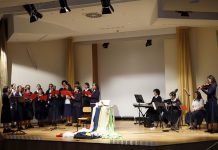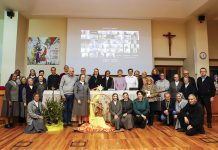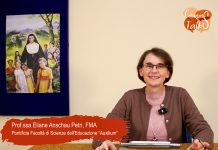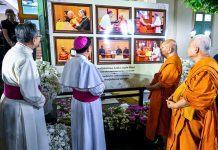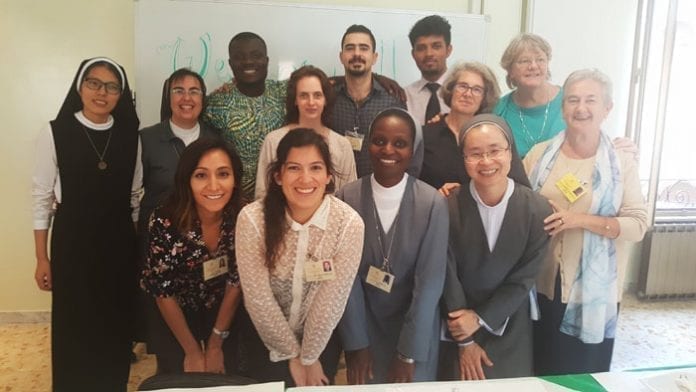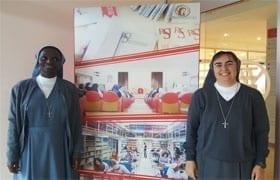
Rome (Italy). Sr. Alessandra Smerilli, Lecturer at Auxilium, and Sr. Lucy Nderi, PhD candidate, recount the experience of the first weeks at the Synod of Bishops on young people.
The invitation to the Synod on young people was a great surprise for both of us and at the beginning it also made us a little scared! We are now grateful for the rich and interesting experience we are having of the Church, both in the plenary assembly and in the smaller circles. What we are experiencing these days is truly a journey of listening, of dialogue, and of openness to novelty as the Pope hoped for in his opening discourse.
In the first part of the work, the key word was listening. We have recognized the lack of listening to young people and the challenge of assuming a culture of listening to be a more relational and empathic church. In fact, it was emphasized that the church can “be heard by young people only by listening to young people”. The most beautiful and interesting thing is that the young participants in the Synod feel they are an active part and therefore co-builders of an empathic and outgoing relational church. From them comes the request for a Church where there is more space for young people and for women, and their requests were echoed in very frank interventions on the urgency of a change in this direction.
From the interventions we have also grasped the awareness of the fragility of the people of God that allows us to grasp more the dynamics of salvation, that is, where there is sin, His grace abounds. In this sense we perceive the willingness to walk in humility together with young people, trusting the Lord. It has been said that a wounded Church can better understand the wounds of humanity.
The central themes of the Synod such as faith, vocation, discernment, and accompaniment were dealt with in the second part of the work. Perhaps it was the part where young people participated the most by offering interesting and valid contributions and questioning us.
The two keywords of this week were vocation and accompaniment. We have recorded two important impulses on the theme of vocation: on the one hand to recognize that vocation is not the call for the chosen few, and that there is a great and universal call to love and joy: “every life is vocation”, and only in this horizon we can grasp the invitation that Jesus makes to some to follow him more closely. On the other hand, a clear statement that the vocation is not a plan established by God into which each must enter, as into a straitjacket. It has been said that the idea of a God who confronts us in different directions, of which only one would be the good one, represents a perverse image of a God who maneuvers the threads of history from above as He pleases.
Accompaniment was the other big word of the week. We have recognized the strong need of the young generations to be accompanied in their daily reality. A repeated phrase has often been: “we need points of reliable, available, and accessible references that can call us by name, who can walk with us in the search for the meaning of our life, in discerning our vocation, that can awaken in us questions and restlessness”. Strong was the invitation to an accompaniment that awakens the questions and does not try to replace young people by offering answers. The icon of the disciples of Emmaus, who accompanied us from the General Chapter, is emerging as an example of accompaniment: approaching, asking questions, walking with the disciples even in the wrong direction, being with them, knowing how to get away at the right time.
Another strong experience was the testimony of a young man on the situation of Christians in the Middle East and above all the faith deeply lived by young people to the point of accepting martyrdom. We believe that these young people are the strength of the Church. Their courage, their enthusiasm, their being heard in the assembly when something strikes them, give us the direction to travel. We hope we do not disappoint them”.



